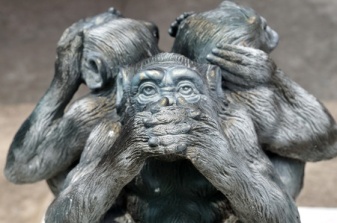
Donald Trump, Steve Bannon, and the ghost of Edward Mandell House
Tuesday, 28 March 2017
Jacksonian revolt? At least that was the mile wide and inch deep characterization of the Trump Administration provided by an essay in the current issue of Foreign Affairs. The Trump Administration has packed its cabinet and top advisors with generals, investment bankers, and oil executives who serve the global military industrial complex and corporate interests of central banks the world over. The irony here is of course that Andrew Jackson railed against the power of central banks and corporate power, and counted as his crowning achievement the winning of the so-called Bank War in 1841, fought over the rechartering of the Second Bank of the United States (another irony is of course that for all Jackson’s hatred of central banks, his face was put on the $20 bill – a central bank note). He argued that giving a bank the power to control the money supply is unconstitutional. Imagine that argument being proffered in mainstream political discourse today.
To use a form of the now well-known “literally vs. seriously” heuristic so popular with Trumpism, populist is what the Trump Administration is rhetorically, corporatist is what it is in practice. A glaring and ignored question among those who view the Trump presidency as an effort to attrit the power of the Deep State is: If Trump is an enemy of the Deep State, why is the balance of the executive branch and key economic positions within the government now run by corporate financial interests (Rothschild and Goldman Sachs in particular)? This administration appears to represent an intramural game between factions of the Deep State, and not outsiders attempting to upend the status quo. All the discussion around deconstructing the administrative state, which on its face would indeed make government more responsive to those it purports to represent, i.e., the voters, seems like a red herring, as what is actually happening is one power faction wresting control from another.
If returning the power of government back to the people was the goal, an immediate effort to do the following would ensue: the reinstitution of Glass-Steagall (update) or an equivalent, a radical reformation of campaign financing laws which focuses on transparency and stringent limits on political donations, passing a law requiring all electronic voting machines be auditable via a paper trail and run by open source code software. And if they were truly serious, the Executive Branch could work with Congress to take back its constitutionally mandated power to print money under Article I, Section 8, Clause 5, and take it out of the hands of private corporations (repealing the Federal Reserve Act of 1913). This would be a good start. (more…)



